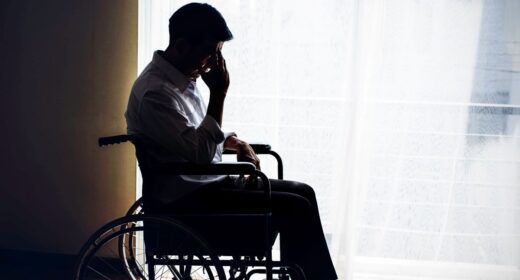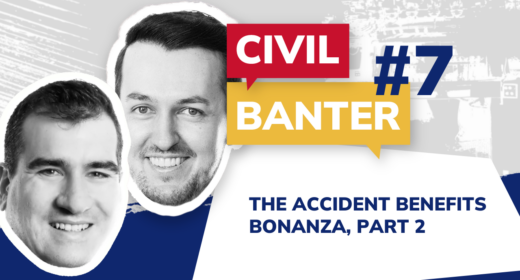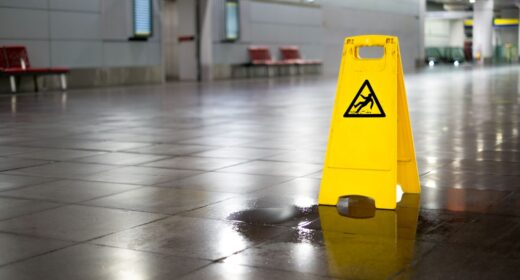Yes, you can sue for pain and suffering in both car accidents and non-car accident injury cases, such as a slip and fall or trip and fall.
However, there are important differences in how these types of cases are handled in Canada.
Proving Negligence
For both types of cases, the first step is to show that the party you are suing was negligent. This means proving that they were at fault for the accident. In legal terms, you need to demonstrate this on a balance of probabilities, which means it is more likely than not that their actions caused the accident.
Once negligence is established, the next step is to prove your damages—specifically, how much your pain and suffering is worth.
Pain and Suffering Damages for Motor Vehicle Accidents
When it comes to motor vehicle accidents in Ontario, pain and suffering damages are subject to a statutory threshold. To recover these damages, you need to show that:
- Your injuries are permanent and are not expected to improve.
- Your injuries are serious, significantly impacting your ability to perform daily activities.
To meet this threshold, you need to demonstrate that you either have permanent disfigurement or a permanent serious impairment of an important physical, mental, or psychological function.
Pain and Suffering for Non-Vehicle Accidents (Slip and Fall)
For slip and fall cases or other non-vehicle accidents, the requirements are less strict. You simply need to show that you sustained an injury and how those injuries have impacted your life. Unlike car accidents, you do not need to prove that the injury is permanent or serious, only that it occurred as a result of the other party’s negligence.
Once negligence is established in non-vehicle cases, you can recover damages for your pain and suffering.




